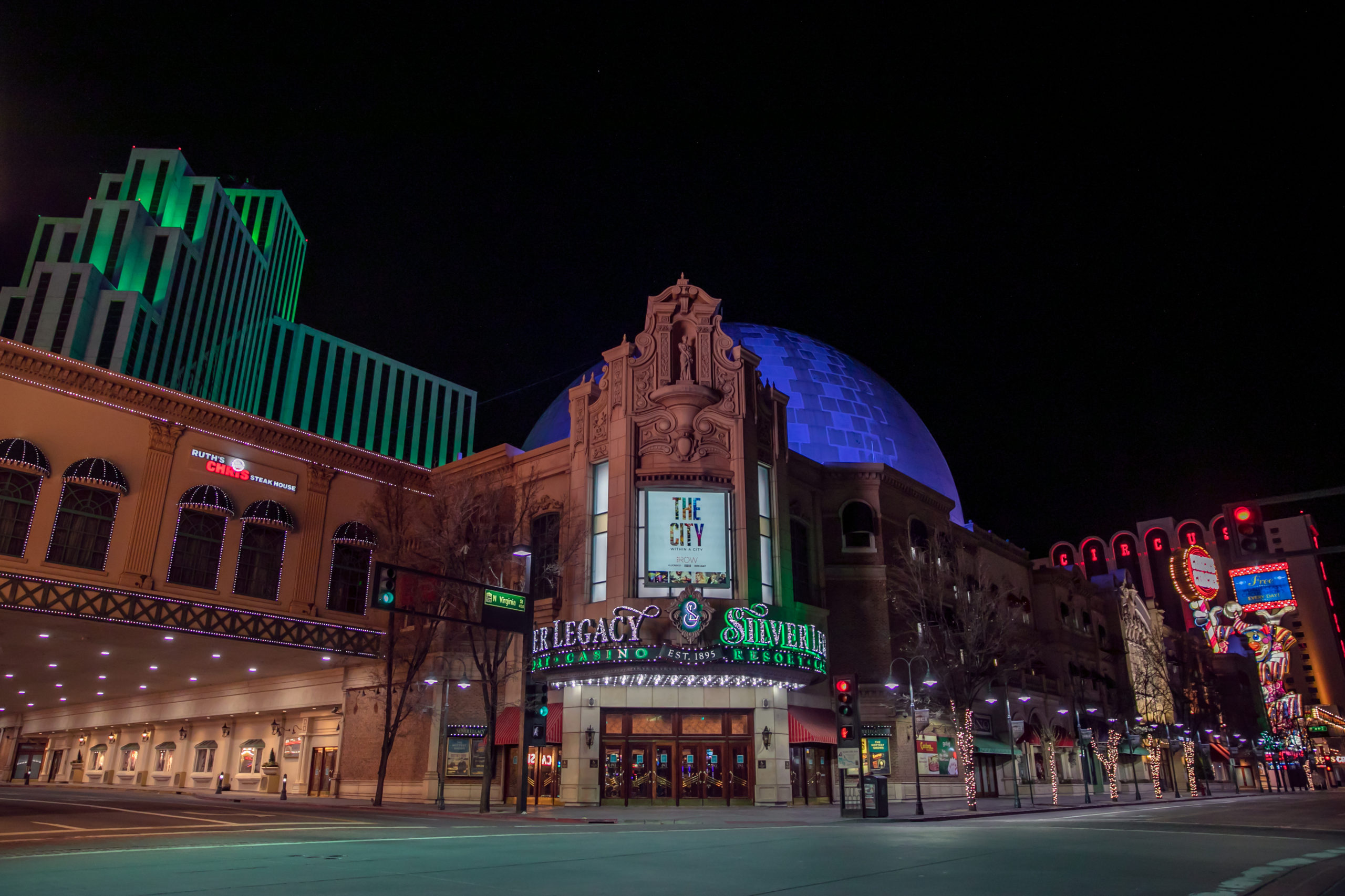The Barber Brief is an independent e-newsletter and blog written by Dr. Alicia Barber on the Substack platform. It is reposted by This Is Reno with her permission.
By Alicia Barber
Well, it’s been a wintry Election Day, and as we wait for all the results to be tabulated, we are of course deeply aware of the role our local elected representatives play in development, as I laid out in a recent Brief, “Exercise Your Right to Representation.” It is an enormous amount of power, and with great power comes great responsibility.
Key to that responsibility is maintaining a deep respect for the field and the role of planning. When it comes to laying the groundwork for successful development (and redevelopment) there is nothing more fundamental than professional, informed public planning. Planning responds to demonstrated and anticipated needs and gives a city a blueprint for how to respond to changing circumstances. It is a professional and technical field that relies on data, experience, and deep knowledge of how the various and complex physical components of a city function in relationship with each other to produce a desired result.
Good planning analyzes situations, determines the appropriate steps to take, secures the resources to fund specific outcomes, and then executes a plan to achieve them. Good planning takes the interests of relevant constituents and interested parties into account, but operates independently of power structures. Good planning inspires trust among the populace by ensuring that the decisions being made are in service of the public good, not in support of special interests seeking an outcome that would benefit them but negatively impact others.
In the sphere of urban development, problems arise when those in positions of power or influence, whether special interests, politicians, or other leaders, use that power or influence to pursue an outcome that flies in the face of sound, public planning. It’s always a danger when a handful of people have that power, requiring constant attention and vigilance, particularly in a city like Reno, where powerful entities have largely dictated the shape of certain parts of town for decades. And no area of Reno is more susceptible to the pressures of powerful special interests than what used to be its traditional downtown, but morphed over time into the central casino core between the river and Interstate 80.
In the 1980s and 1990s, as the smaller downtown casinos began to close due to outside competition, Reno’s larger gaming companies consolidated their power and property. In 1992, a joint venture between Eldorado Resorts and Circus Circus (then owned by MGM Resorts) bought the site of the Mayfair Market and built the Silver Legacy, linking all three together with massive skyways.
In 2015, Eldorado Resorts bought Circus Circus and its 50% stake in the Silver Legacy from MGM Resorts, and in 2018, Eldorado Resorts re-branded their tri-properties “The ROW,” referring to them as a “City within a City.” In 2020, Eldorado acquired Caesars for $18 billion and took on the name of Caesars Entertainment. It is a global company with more than $9 billion in annual revenue that just announced its intent to build a resort casino in the heart of Times Square. Caesars Entertainment doesn’t need anything on Virginia Street to change, including its own street-facing presence there, in order to achieve its privately-held goals. That’s power.
READ MORE
Submitted opinions do not necessarily reflect the views of This Is Reno. Have something to say? Submit an opinion article or letter to the editor here.


